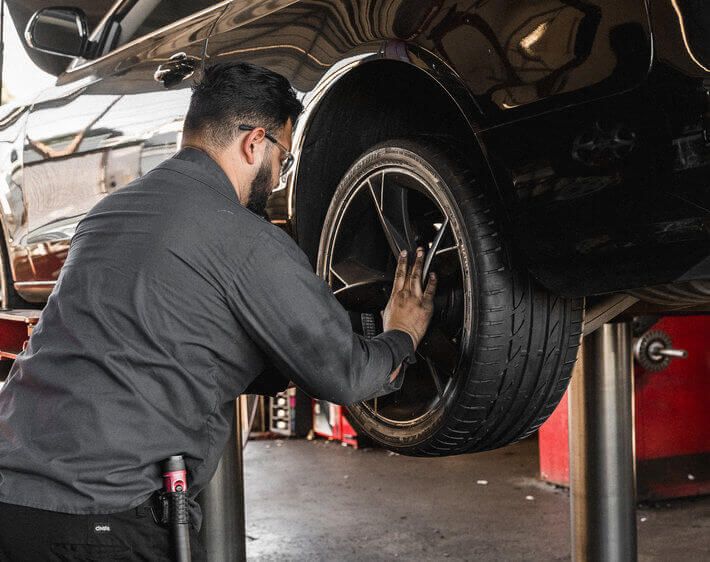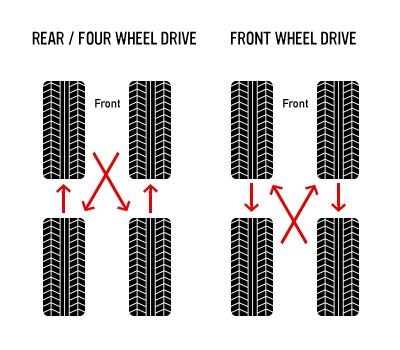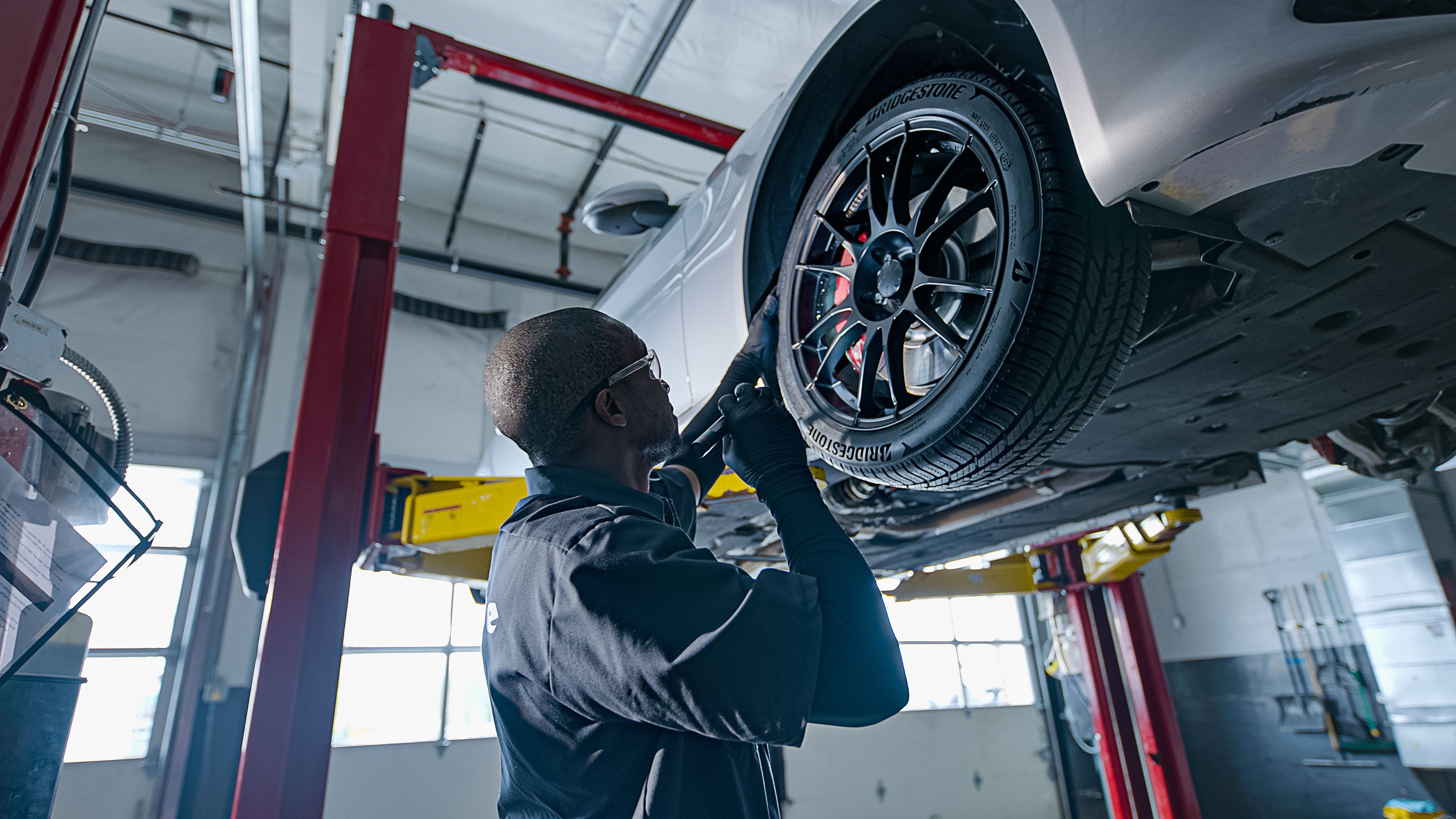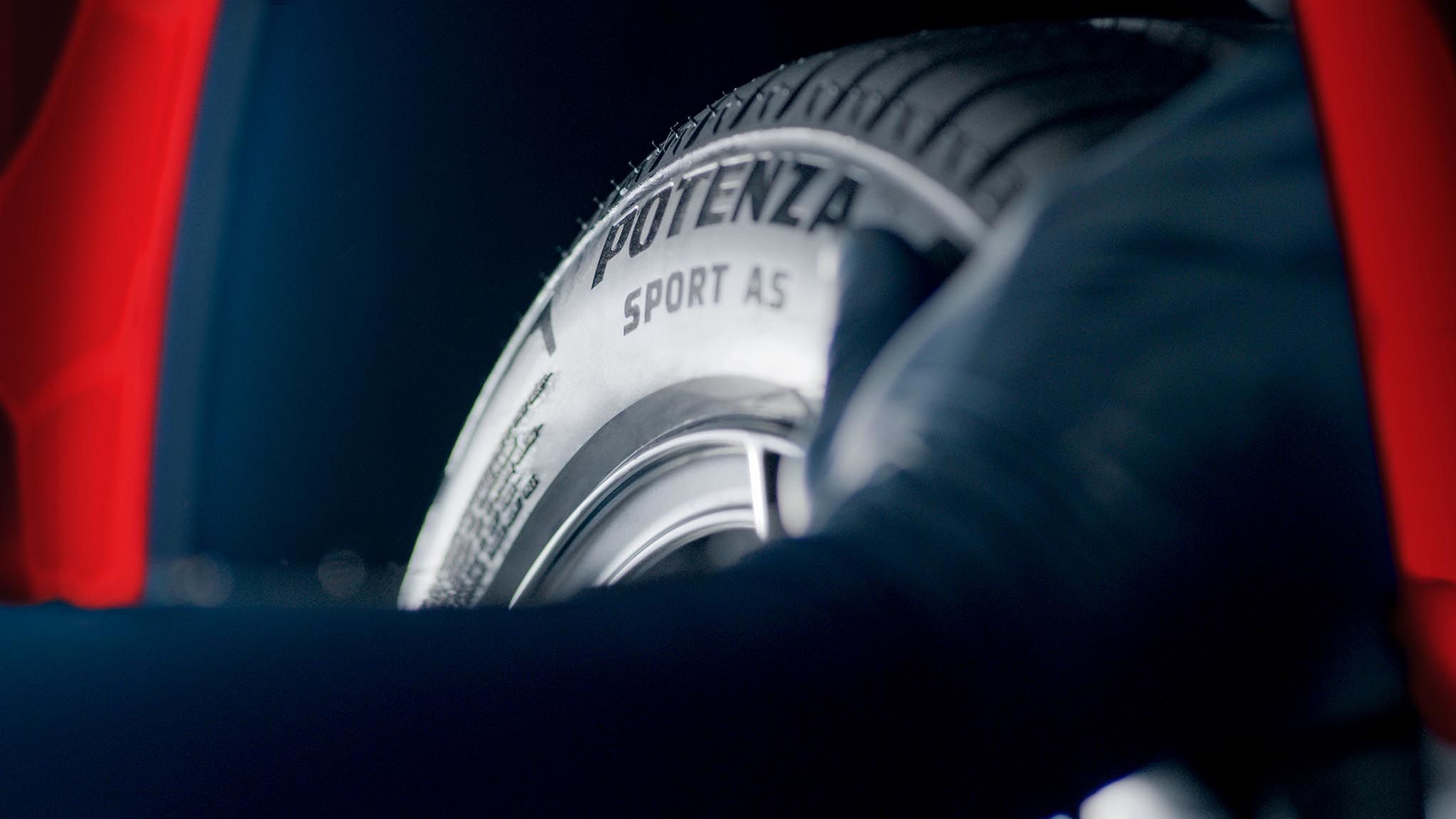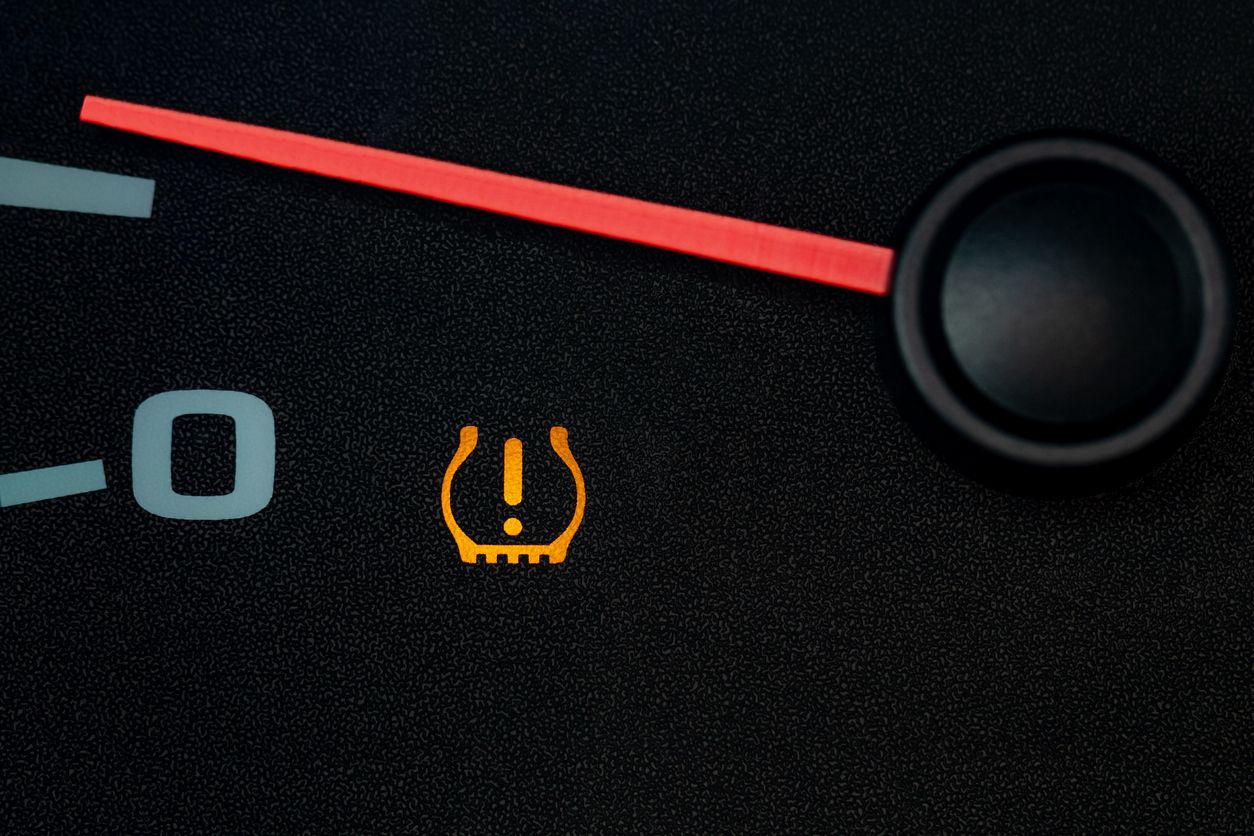You care about your car and want to know how important it is to have your tires rotated at regular intervals. But what exactly are “regular intervals,” and what's the point of a tire rotation in the first place?
Learn how often you should get a tire rotation, what's typically involved in the service, and how it can help save you from buying new tires more often. Hint — there's more money in your pocket for the things you care about!
WHAT IS A TIRE ROTATION?
SWAPPING TIRE POSITIONING FOR EVEN WEAR AND PERFORMANCE.
Tire rotation might sound like a fancy term, but it's a basic maintenance practice that essentially shuffles your tires around. The process typically includes rotating your tires from left to right and front to back (i.e., moving your front right tire to the back left), ensuring even wear across all four wheels, and maximizing tire lifespan.
Tire rotation patterns may vary for different vehicles, depending on the drivetrain. Factors such as staggered wheels and directional tires can also impact how the tires need to be rotated.
HOW OFTEN SHOULD I GET MY TIRES ROTATED?
ABOUT EVERY 5,000 MILES OR 6 MONTHS.
Most vehicle manufacturers recommend getting your tires rotated approximately every 5,000 miles or six months. However, some vehicles are exceptions, and it’s always best to refer to your owner’s manual. This number can change depending on how, where, and what you drive. Simplify things by making it a habit to get your tires rotated every time you get your oil changed.
WHY DO TIRES NEED TO BE ROTATED?
TO HELP YOU SAVE MONEY AND DRIVE SAFER.
No matter how you drive, each of your tires can wear in different ways and at different rates. By regularly rotating your tires, you may benefit from the effects below:
- Even Tread Wear and Less Frequent Tire Replacements: Tires naturally wear unevenly due to various factors like weight distribution, wheel torque, and steering. Regular rotations help distribute this wear evenly, increasing tire lifespan and saving you money on new tires in the long run.
- Improved Performance: Unevenly worn tires can negatively impact your vehicle's performance. Properly rotated tires can help ensure better handling, improved traction, and an overall smoother driving experience.
- Enhanced Safety: Tire rotation plays a crucial role in maintaining a consistent grip on the road. Even tire wear may reduce the risk of hydroplaning, skidding, and other handling issues, promoting a safer driving environment for you, your passengers, and other motorists on the road.
- Better Fuel-Efficiency: Unevenly worn tires can increase rolling resistance, causing your vehicle's engine to work harder and reducing fuel efficiency. Through regular rotations, you may help keep your tires evenly worn, save money at the pump, and contribute to a more fuel-efficient drive.
WHAT HAPPENS IF I DON'T ROTATE MY TIRES?
YOU'RE MORE AT RISK FOR SEVERAL TIRE AND VEHICLE PROBLEMS.
Regular tire rotations can help reduce your risk of various tire problems, including tire failure and blowouts. Here are a few key reasons why tire rotations should not be neglected:
- Reduced Traction: Neglecting rotations means some tires may have less traction than others, compromising your vehicle's ability to grip the road properly. This is particularly dangerous in situations that require sudden maneuvers or braking. In rainy, icy, or snowy conditions, tires with uneven wear patterns or low tread are also more prone to hydroplaning, which can result in loss of control and increase the risk of accidents.
- Handling Issues: As tread wears unevenly, your vehicle may experience handling issues such as drifting or increased sensitivity to road imperfections. These problems can be a major inconvenience and may compromise your control over the vehicle.
By regularly rotating your tires, you’ll be less likely to experience the above issues, reducing your risk for an inconvenient and even potentially dangerous situation.
WHAT IS INVOLVED IN A TIRE ROTATION?
TIRES ARE REMOVED, SWAPPED, AND REMOUNTED TO THE VEHICLE.
Tire rotation consists of switching the front and rear tires on most vehicles. It’s crucial to do this because the drive tires (i.e., front tires in front-wheel drive vehicles) work harder than the others. If you don’t swap them out, these tires usually wear down faster. By rotating your tires, you distribute the burden among all four tires and help them wear down evenly.
Take a look at the tire rotation pattern below, and you'll see! At Firestone Complete Auto Care, our expert technicians remove, swap, and remount your wheels so they live longer and drive safer.
Getting your tires rotated is key to getting the best performance from both your tires and your vehicle. If you can't remember the last time you had your tires rotated, there's a pretty good chance they're overdue for this important service. Make an appointment for a tire rotation at your local Firestone Complete Auto Care today! We’ll get you rotated and rolling in no time.
